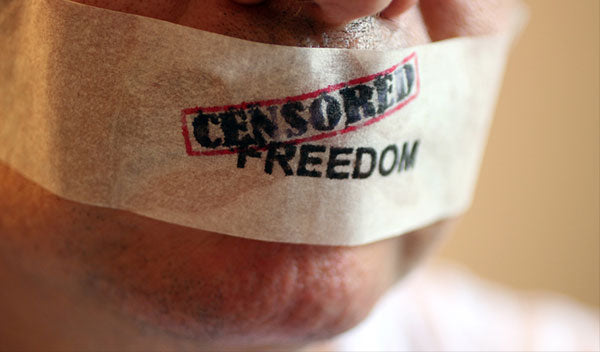Your Cart is Empty
by Abigail Anthony, Compact
Princeton has long had a reputation as the open-minded Ivy. High-school students enduring the arduous college-application process will come across articles describing Princeton as hospitable to conservatives, while the university’s president, Christopher Eisgruber, recently claimed, “We have civil discourse on this campus.” But Princeton’s reputation for relative openness is no longer deserved.
Princeton’s diversity, equity, and inclusion initiatives are misnamed: They divide, exclude, and ostracize students of all political affiliations by rendering it socially dangerous to express any criticism of progressive mantras.
